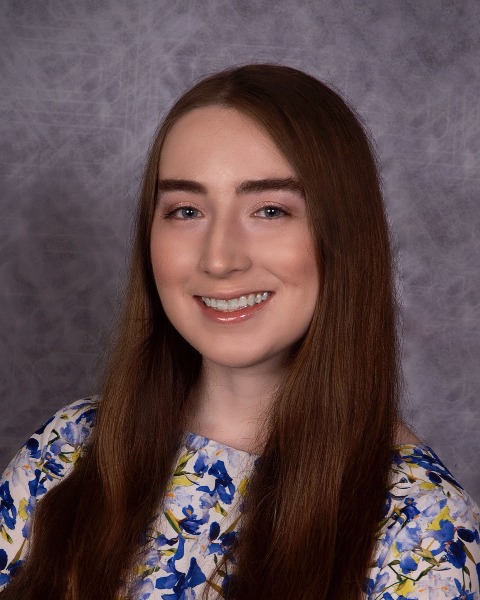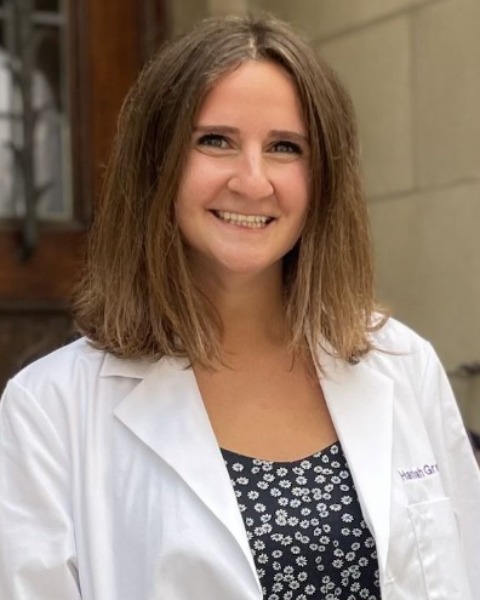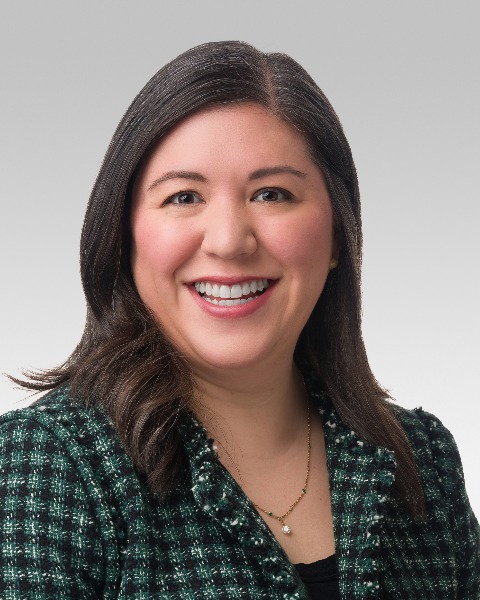Oral Concurrent Session 1 - Equity, Public Health, and Policy
Oral Concurrent Sessions
(12) Low-income Birthing Individuals’ Need for and Satisfaction with Services in a One-Year Postpartum Navigation Program

Maya J. Daiter, MS (she/her/hers)
Medical Student
Northwestern University Feinberg School of Medicine
Chicago, Illinois, United States- LD
Laura Diaz, MPH
Northwestern University Feinberg School of Medicine
Chicago, Illinois, United States 
Hannah M. Green, BA (she/her/hers)
Northwestern University Feinberg School of Medicine
Chicago, Illinois, United States- YC
Ying Cheung, MS
Northwestern University Feinberg School of Medicine
Chicago, Illinois, United States - VC
Viridiana Carmona-Barrera, N/A
Northwestern University Feinberg School of Medicine
Chicago, Illinois, United States - BW
Brittney R. Williams, MPH
Northwestern University Feinberg School of Medicine
Chicago, Illinois, United States - CN
Charlotte M. Niznik, RN
Northwestern University Feinberg School of Medicine
Chicago, Illinois, United States - JF
Joe M. Feinglass, PhD
Northwestern University Feinberg School of Medicine
Chicago, Illinois, United States - WG
William A. Grobman, MBA, MD
Professor
Women & Infants Hospital of Rhode Island / Alpert Medical School of Brown University
Brown University/Providence, Rhode Island, United States 
Lynn M. Yee, MD, MPH (she/her/hers)
Associate Professor
Northwestern University Feinberg School of Medicine
Chicago, Illinois, United States
Submitting Author and Presenting Author(s)
Coauthor(s)
Patient navigation seeks to reduce barriers to care and to overcome adverse social determinants of health. Navigating New Motherhood (NNM) is a trial in which low-income individuals are randomized to receive postpartum navigation for one year. We aimed to understand what services were most needed by participants along with satisfaction with the navigation program.
Study Design:
This is a mixed methods analysis of data from NNM participants randomized to navigation. All navigated participants completed study visits at 4-12-weeks (“12 weeks”) and 11-13 months (“1 year”) postpartum. Visits included the 26-item “Patient Satisfaction with Navigation-Logistical (PSN-L)” measure, which queried about services needed and – for those services that were needed – satisfaction with the services received; the PSN-L is scored from -3.31 to +3.43 (higher scores indicate greater satisfaction). A randomly-selected sample of navigated participants also underwent in-depth qualitative interviews at 4-6 and 11-13 months postpartum. Transcripts from both interviews, which were focused on perception and utilization of navigation services, were analyzed via the constant comparative method. Themes were identified using a concurrent triangulation design using survey and interview data.
Results: Of 203 navigated participants, 201 completed the PSN-L at 12 weeks and 189 at 1 year. On nearly every PSN-L item at both time points, >50% of participants indicated need for navigation service, with similar types of needs at both time points (Fig 1). The mean PSN-L scores were 3.13 (SD 0.62) at 12-weeks and 3.14 (SD 0.59) at 1-year postpartum, revealing high satisfaction overall. Similarly, more than 90% of participants reported on the PSN-L that they were “very satisfied” with most domains (20/26 at 12 weeks and 23/26 at 1 year) of navigation services provided. These findings were corroborated by thematic analysis (Fig 2).
Conclusion:
While most participants expressed that they needed many services to optimize their health, they reported they were very satisfied with the capacity of patient navigation to address those needs.

